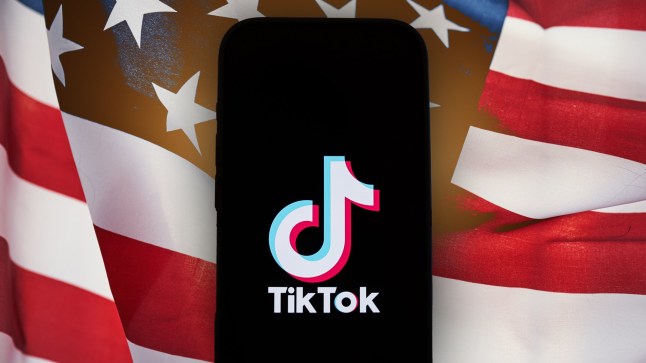
If you love the exploits of Nala the Cat, Doug the Pug, or any of the human TikTok stars who live in the US, you might want to follow them on other platforms fairly quickly.
That’s because the social media platform has been given an ultimatum to divest from its Chinese owner or face an outright ban, by next month.
The US government is concerned that Bytedance could pass users’ data onto the Chinese state. There has been a drawn-out process to deal with the perceived threat, and the final date for the ban is January 19, the last day of the Biden administration.
Bytedance and TikTok have now gone to the US Supreme Court in a last minute legal showdown to try and delay it.
They filed an emergency request for an injunction while they appeal a lower court’s ruling that upheld the law forcing the sale earlier this month.
Around 170 million people use TikTok in the US, so the ban is sure to be controversial if they face restrictions, which claims that it prevents free speech. Some users are so concerned that they also filed a similar legal request yesterday.
A delay on the ban, which was overwhelmingly agreed by both Republicans and Democrats in Congress, could help Bytedance as it would mean Donald Trump had returned as president.
Despite previously pushing for a ban himself, he is now sympathetic and pledged to ‘save TikTok’ during his election campaign, even setting up his own account in June.
Lawyers for the companies told the Supreme Court: ‘A modest delay in enforcing the Act will create breathing room for this court to conduct an orderly review and the new administration to evaluate this matter, before this vital channel for Americans to communicate with their fellow citizens and the world is closed.’
Who owns TikTok? ByteDance explained
ByteDance is a Chinese company based in Beijing.
It was founded in 2012 when a software engineer named Zhang Yiming and his friend Liang Rubo created a real estate search engine.
They then began developing other apps, including Douyin, a content-sharing app that they released in China in 2016.
Douyin became so popular that ByteDance wanted to expand, so they launched an international version, TikTok, in 2018.
According to one estimate, the company is worth around $300 billion.
If the ban goes ahead, TikTok will be removed from app stores like the Apple App Store and Google Play so new users would not be able to download it.
However, it would be difficult to enforce a complete ban and people who already have TikTok installed on their phone may still be able to access it, or may be able to use a VPN.
Bytedance said however that a shutdown lasting just a month would cause TikTok to lose about a third of its daily users in the US, as well as significant advertising revenue.
Their lawyers also argued that enforcement could be paused to mitigate the law’s most severe consequences.
More Trending
Meanwhile, European Union regulators have said they are investigating whether TikTok breached the bloc’s digital rulebook by failing to deal with risks to Romania’s presidential election.
The ballot was thrown into turmoil over allegations of Russian meddling after unknown far-right candidate Calin Georgescu became the front-runner.
He had been the focus of an ‘aggressive promotion campaign’ to boost his popularity, declassified documents allege, including payments worth a total of £300,000 to TikTok influencers.
The UK also has some concerns about TikTok, and it is banned from government devices because of cybersecurity concerns.
Get in touch with our news team by emailing us at webnews@metro.co.uk.
For more stories like this, check our news page.
MORE: Fire tears through Christmas market in the heart of New York City
MORE: Donald Trump has delivered his verdict on Luigi Mangione
MORE: Hannah Kobyashi says she didn’t know dad killed himself while she was missing













